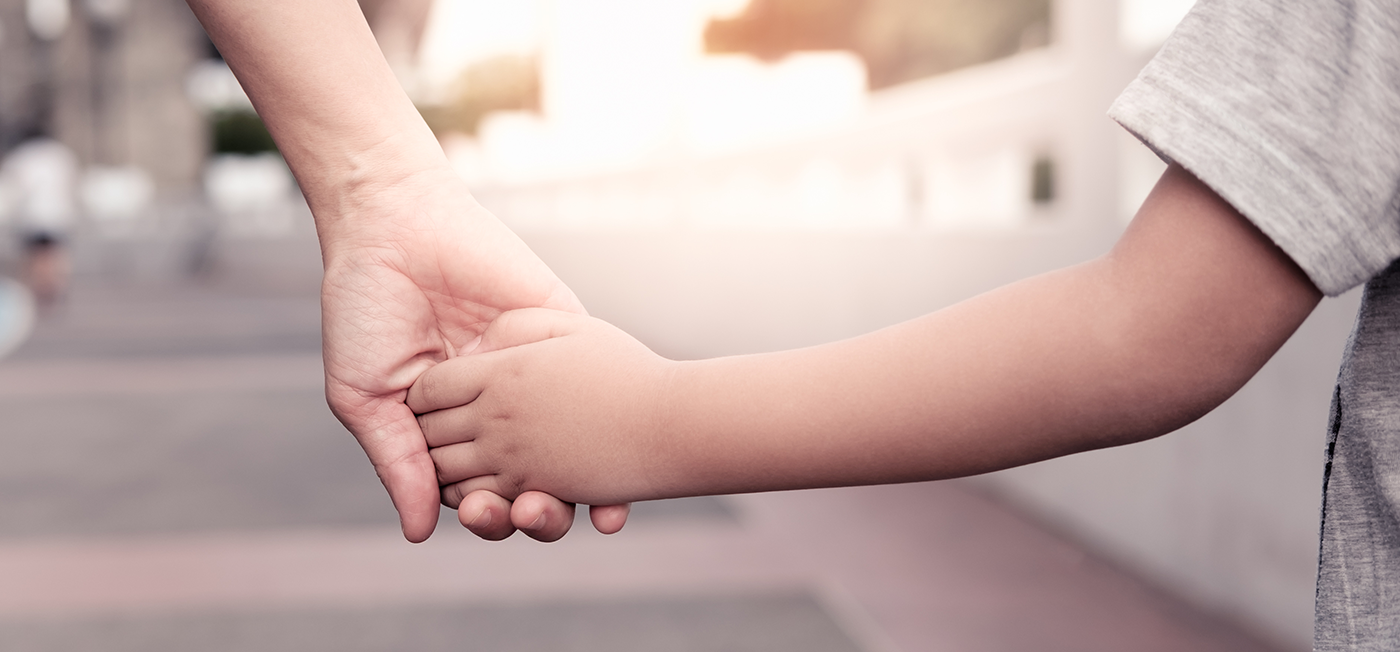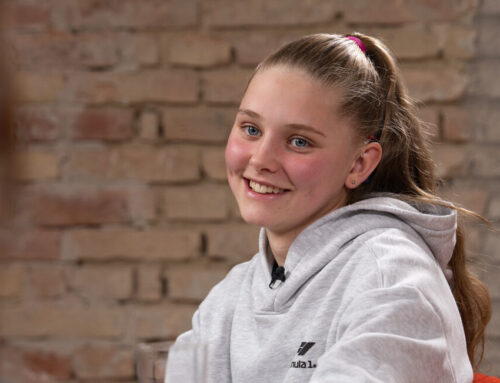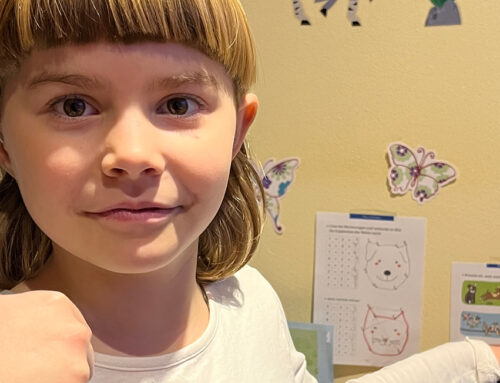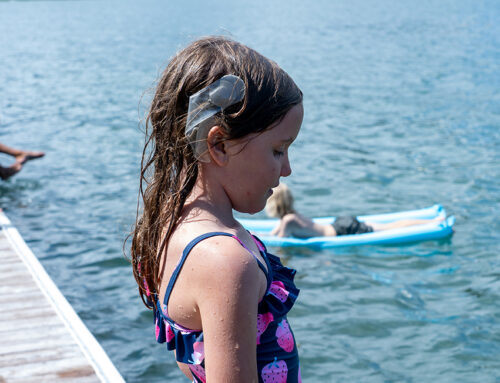“Having a cochlear implant in my deaf ear has definitely made my life easier!”
British audiologist and CI therapist Gemma Mole knows from personal experience how to hear and live with unilateral deafness. She describes how, with a CI, realistic expectations, motivation and consistent listening, she gained a much easier and more sociable life.

Bilateral implantation has long been common in Austria for adults who are deaf on both ears, and it is almost taken for granted for children. It is different for children who are deaf in one ear but manage well with hearing aids in the other, or even hear without any restrictions.
Gemma Mole was such a child. Today, she is head of audiology at Birmingham General Hospital in England, works as a therapist with the city's Hearing Implants Program, and hears in the deaf ear via cochlear implant. At the 8th International Hearing Implants Workshop in October 2022, she shared her experience with the attending audiology and therapy professionals.
"I have been unilaterally deaf my entire life. My own hearing loss was the reason why I became interested in audiology. In 1987 I began my training in audiology, and in 1991 and 1992 I began my training as an adult hearing therapist. Since 2002 I have been working as a therapist for cochlear implant users. I myself got my cochlear implant back in 2014."
Growing up with unilateral deafness
"Growing up, I didn't know any different than hearing with only one side. I was about five years old when my parents happened to notice that I couldn't hear on the right side. Of course, they took me to the doctor. But our general practitioner didn't give it much importance, so my parents didn't follow up on it. I was not examined further, except for my self-experiment: I held a headphone to the deaf ear to determine the difference from the hearing ear. All I managed to do was get dizzy - so it stayed with that one experiment."
"In school, it became difficult"
"It was difficult for me in school, especially when it got louder. My maiden name was Stevens, so it started with an "S." That's why I had to sit in the very back according to the seating arrangement in our school. If a student didn't follow along in class, the teachers would immediately scold, "Are you deaf, can't you listen?" So I soon got the impression that it was not good to be deaf."
"One teacher even asked me, "Stop staring up at me like that!" So I also stopped helping myself with mouthing. So I soon dropped out - in class and out of school. I left that when I was 16. It took me a long time to figure out what I could accomplish. At 16, I had no confidence in myself."
Deaf to one side as an adult
"As an adult, I tended to listen more than participate in the conversation. And I always watched the people around me very closely. I didn't like it when someone sat on my deaf right side. I didn't like meetings or group gatherings; I didn't like background noise. My self-confidence remained low. I lived a socially withdrawn life - in retrospect, I can say I had adapted my social life so that I could tolerate it well with my hearing problems. But for me, it was all normal and I was fine with it because I didn't know any different; until I became a mother."
When Gemma Mole became a mother to a set of twins, it changed everything
"Something changed for me with my twins: I wanted to make sure I didn't misunderstand anything my daughters were saying. They always sat to my left so I could hear them. But if I had to take both of them by the hand when I walked, that daughter on my right hand would have a really bad time."
"One of my two daughters noticed that she was better off holding the hand I was wearing the watch on - so soon it was always the other daughter walking on my right hand. I felt very sorry for her at the time! I didn't look for other changes - in social life or meetings - at the time, they came naturally over time. But for my daughter on my right hand, I had to change the situation!"
"I wanted more: a cochlear implant"
"I originally got a bone-anchored hearing implant in 2010. With it, I could perceive sound even from the deaf right side. But then I really wanted more. So in 2014, I decided to get a cochlear implant."
Since the hearing ear does the hearing in everyday life, unilaterally deaf CI users need a bit more auditory training than bilaterally deaf users. "To do this, I had to take my time and get creative: Back then, I closed my hearing ear with a floating earmold and used an audio cable for my audio processor - AudioLink and cell phones make it much more convenient today. I practiced every day for at least two hours. I wouldn't say everyone needs to practice that much - but as much as possible. With most things in life, you can only get better if you practice a lot."
Here's how Gemma Mole practiced: motivated, consistent and varied.
"I used recorded practice material and online practice programs." For German-speaking users, MED-EL's Listen Up! and Hear at Home offer ready-made audio files with practice material. The online music training program Meludia is also suitable. But one can also ask friends to record suitable listening exercises.
"For audio books, I started with children's books: They're spoken more slowly and you can usually predict what's coming next. But with audio books, you can also slow down the playback speed a bit."
"I also connected the audio output directly to the audio processor for TV movies. In the beginning, I used subtitles for that. I even used video games with sound as auditory training. I wanted to make my listening activities as varied as possible. Over time, I reduced additional aids, then added the hearing ear and allowed background noise for that."
"I didn't have high expectations," Gemma Mole tried to be as realistic as possible. After all, her right ear had been deaf for 49 years. "But I wanted to do the best I could." Now, eight years after her implant, she seems satisfied when she sums up, "I wouldn't say I hear with the CI the way I do with the normal-hearing ear - but I hear clearly and understandably. The implant has definitely made my life easier."






